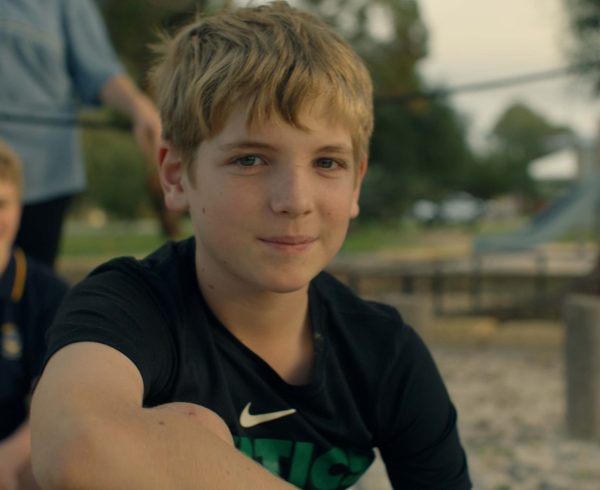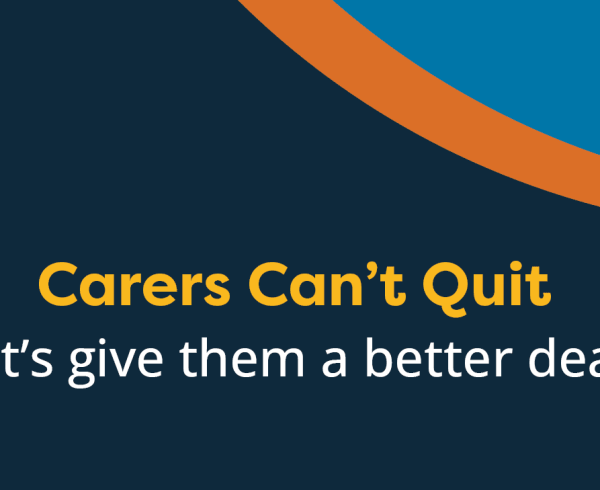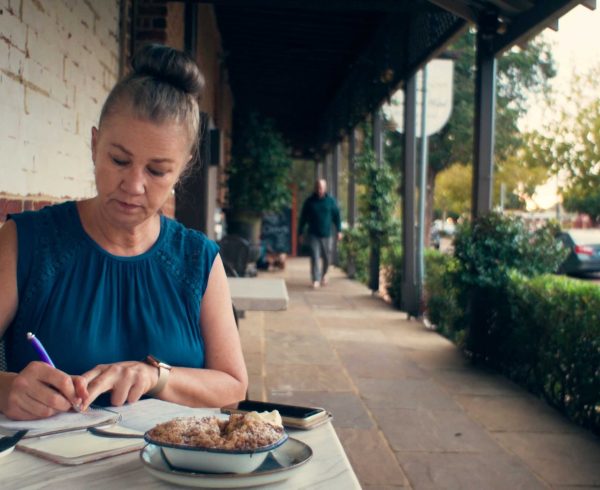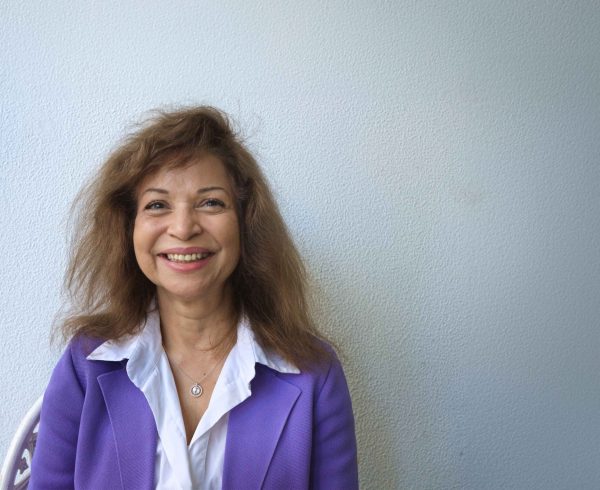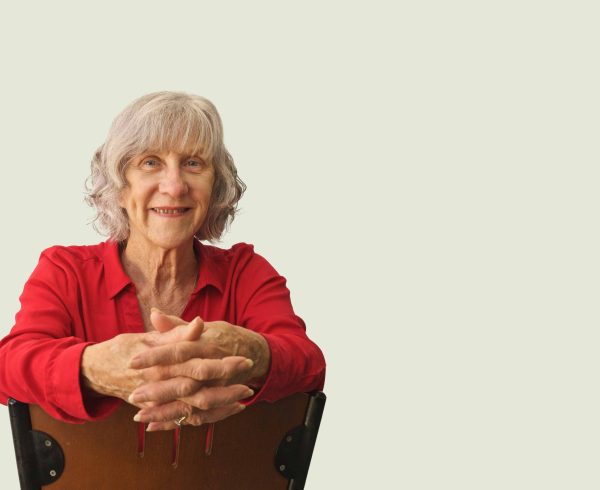Michelle’s journey, like many carers, began with the deterioration in health of a loved one. She found herself balancing the demands of a full-time job while also providing care for her mother. A daunting task, to say the least. When Michelle’s mother’s condition worsened, she faced the difficult decision to move her mother into Aged Care. Despite the physical distance, Michelle remained closely involved in her mother’s care spending almost just as much time with her mother in Aged Care as when she was living at home.
Michelle says, “When you are the person that admits your mother into care you feel very responsible that it works.”
Time and time again she saw that there were big gaps in the care that was being provided to her mother and she had to keep a close eye on her medications, meals and overall wellbeing. She found herself not only advocating for the needs of her mother but also for herself. Due to a lack of understanding and recognition of her role as her mother’s carer, she faced a number of barriers in Aged Care and beyond. Michelle reflects on a time when faced suspicion from a financial institution while handling her mother’s finances, highlighting the systemic lack of understanding and empathy towards carers.
Inspired by these experiences, Michelle took a step further and joined the Carers WA Carer Representation program. She saw the urgent need for and seized the opportunity to use her skills and experiences to effect change. And so, for a number of years now, she has actively participated in various committees, offering her unique perspective as a carer.
Michelle’s mother recently passed away, but Michelle’s pioneering efforts have paved the way for reforms like the Royal Commission into Aged Care Quality and Safety and other new Aged Care legislation. She has also set the path for other carers to have their voices heard on hospital and policy committees where they have opportunities to speak directly to decision-makers who can drive continuous change.
Michelle says that sometimes it is hard to find the power to speak as a carer, especially when you have been so put down, but “I’ve learned over the years to speak up from Carers WA.” She adds that, “At first people didn’t want to hear your voice but they had to have you on committees. But now they are really interested in listening and that’s where the cultural change aspect is and that’s what we are hoping to see and the only thing that is going to lead to a better future for those we care for.”



